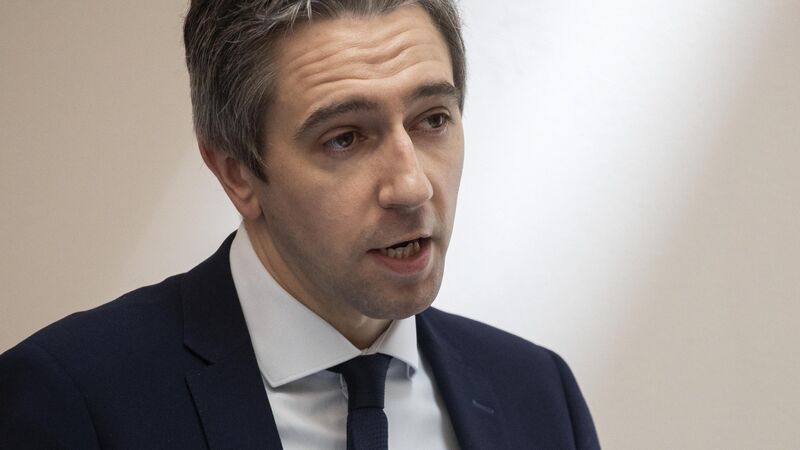Plans to allow judges decide when perpetrators of 'heinous crimes' get parole

Separately, Minister for Justice, Simon Harris will meet again with Coalition leaders this week, over the use of facial recognition technology (FRT) by gardaí. Picture: Colin Keegan/Collins
Judges are to be given powers to decide how many years a person who commits a serious crime must serve behind bars before being considered for parole, under plans to go before Cabinet.
At present, those who get a life sentence can be considered for parole after 12 years, but the draft legislation will allow judges, in cases of life imprisonment, to decide when the perpetrator can be considered for parole.










